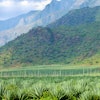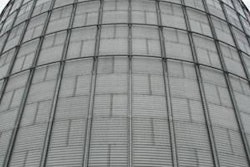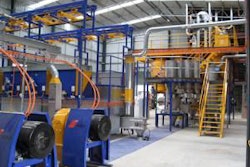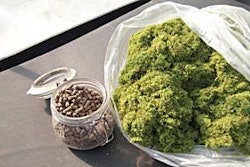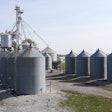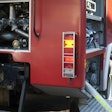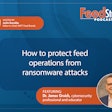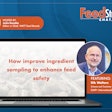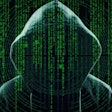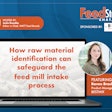I recently had the opportunity to read a copy of China Daily, a weekly Asian newspaper printed in English. Reading about world events and markets from a Chinese viewpoint was interesting, but actually it was a small item in the publication’s “news briefs” section that caught my attention. The headline: “Buddhist temple offers e-blessing.”
The article explained that a famous Buddhist temple was encouraging people to send text messages rather than burn incense for prayers. For a small fee, worshipers could text a message to the temple, which would be displayed on an LED board. The monks would then chant prayers for the senders or receivers. A spokesperson for the temple said it was a “go green” initiative, and noted that it reduced the size of crowds during peak seasons and lowered the risk of fires.
I don’t know much about Buddhism, but I couldn’t get the thought out of my head that something in the world truly has changed if Buddhist monks are embracing technology in this way (maybe they’ve been doing similar things all along, but it was news to me).
With that in mind, I often marvel at the rapid pace of technology these days. At IPE/IFE and at Victam Asia, new technology for feed milling and processing was on display nearly everywhere. These technologies are quite exciting, allowing for faster processing, higher levels of efficiency and extraordinary capacity for data collection.
Yet, at times, I must admit that at both events I occasionally experienced a bit of information overload.
Columnist and neuropsychologist Vaughan Bell makes an interesting observation on the topic of information overload. A respected Swiss scientist, Conrad Gessner, might have been the first to raise the alarm about the effects of information overload. In a landmark book, he described how the modern world overwhelmed people with data and that this overabundance was both “confusing and harmful” to the mind … It’s worth noting that Gessner, for his part, never once used email and was completely ignorant about computers. That’s not because he was a technophobe but because he died in 1565.
Ultimately, I guess a temporary sense of information overload is not a new sensation at all. In my more lucid moments, I realize that the ability to do anything more quickly and efficiently is something to be celebrated, and that should be our approach to new feed technologies.
However, when it comes to prayers and blessings, I think I’ll continue doing those in person in a house of worship. I’m not quite ready to make that leap.


